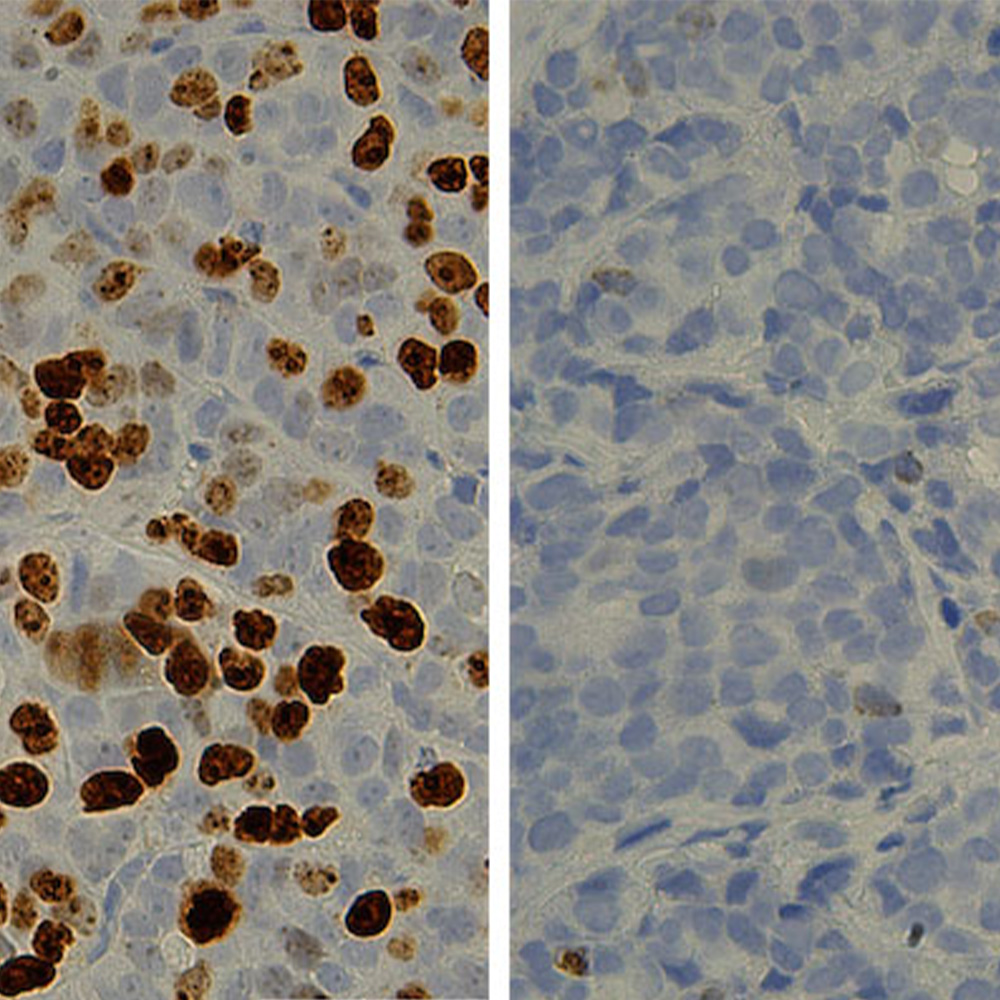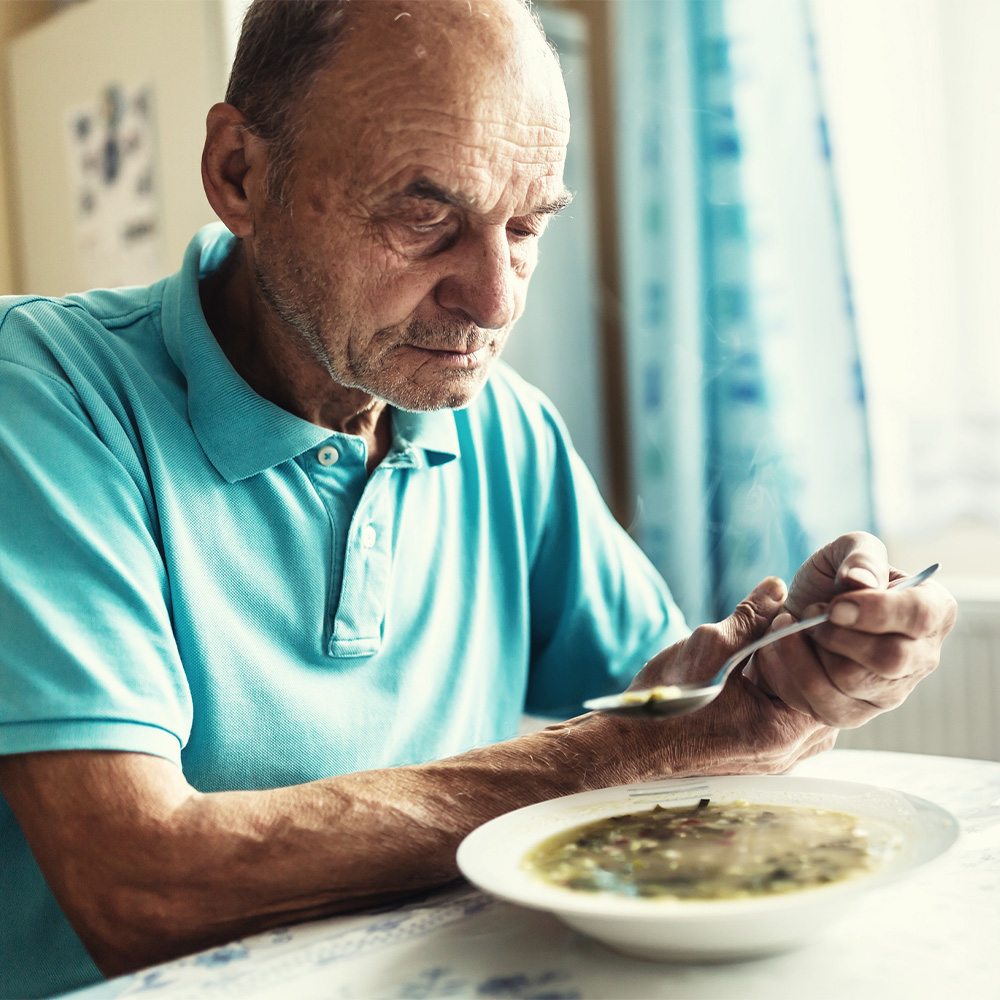Safety tips: Keep food safe this season
With warmer temperatures and backyard grills resuming their place in the sun, UT Southwestern Medical Center toxicologists say a few cautionary steps can help you and guests avoid food poisoning.
“Make sure your guests carry home fond memories instead of stomach aches or worse with sound food handling and preparation practices,” says toxicologist Dr. Kurt Kleinschmidt, Professor of Emergency Medicine and Chief of Medical Toxicology at UT Southwestern Medical Center.
Preparation
- Refrigerate or freeze perishable foods as soon as you get them home from the store.
- If you're not going to use meats within a couple of days, freeze them. Once you've thawed meat, cook it. Don't re-freeze thawed meat.
- Pack plenty of ice in coolers to store raw or leftover foods at tailgate parties.
- Keep meats for grilling cold until you put them on the grill.
Handling
- Before handling food, always wash your hands thoroughly in warm, soapy water or use hand sanitizer.
- Don't leave food standing for long periods of time. A general rule of thumb is not to leave foods out for more than one hour.
- Eat hot foods as soon as they're cooked or while they're still hot.
- Remove cold foods from the refrigerator just before serving and put them away quickly.
- Wash hands, surfaces, and utensils that come in contact with raw meats. Use different dishes and utensils for cooked meats and raw meats.
Cooking
- Cook foods at recommended temperatures to kill bacteria. Use a meat thermometer to be sure the food is thoroughly cooked. That's especially important for ground beef. When grilling, cook hamburgers until they're no longer pink inside, or until juices run clear.
- Generally, grilled meats should be cooked to at least 145 degrees Fahrenheit and poultry to at least 160 degrees. Pork should be cooked to an internal temperature of at least 155 degrees in order to destroy the parasite that causes trichinosis. This disease causes abdominal pain, diarrhea, muscle soreness, fever, and swelling around the eyes. If you're grilling pork ribs, you don't want the meat to be red near the bone.
Learn about UTSW Emergency Care
Media Contact: 214-648-3404 or news@utsouthwestern.edu




